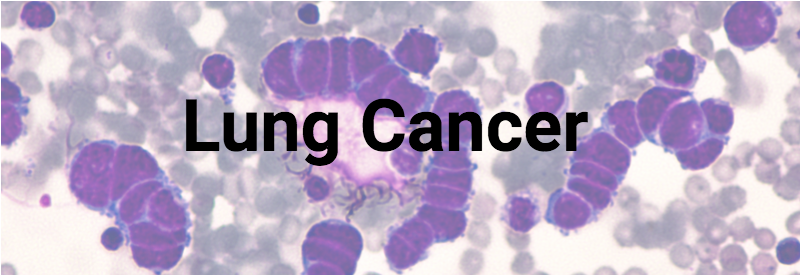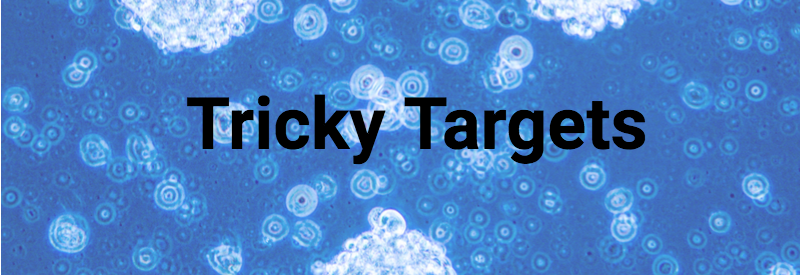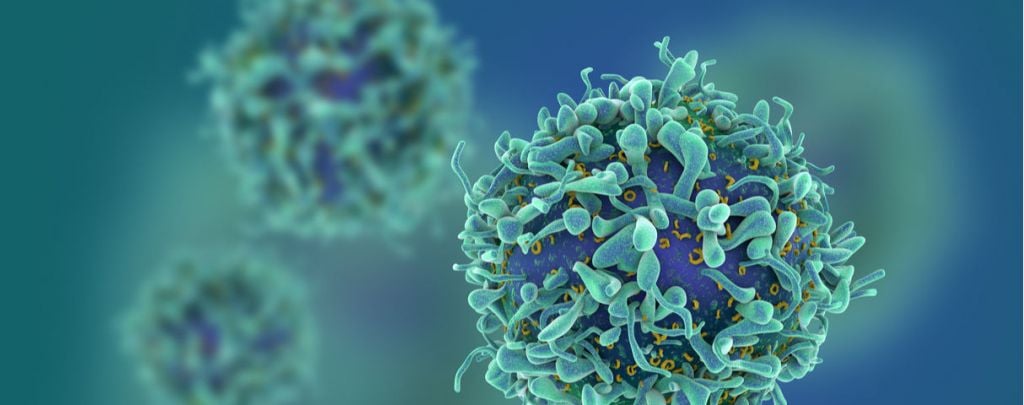Newsletter Signup - Under Article / In Page
"*" indicates required fields
Not able to attend the biggest cancer conference of the year? No problem. We have summarized what we think are the most interesting therapy developments presented by European biotech’s at ASCO this year.
Once again, the cream of the cancer specialist crop gathered in Chicago to discuss and present the latest findings in cancer research at the annual American Society of Clinical Oncology (ASCO) meeting.
US blockbusters such as MSD’s Keytruda (pembrolizumab) grabbed a lot of attention — in this case with positive Phase III results for treating non-small cell lung cancer (NSCLC) — and the continued success of Celgene and Bluebird’s CAR-T cell therapy for advanced multiple myeloma was also a highlight. However, there were also number of interesting European achievements presented at the conference.

A notable example was the Phase III trial of ibrutinib, a first-in-class anti-cancer drug, combined with Roche’s rituximab for patients with a rare form of lymphoma known as Waldenström’s macroglobulinemia. Ibrutinib is developed by Janssen Biotech and Pharmacyclics, an AbbVie company.
“Not only was there marked statistical and clinical difference in the efficacy compared to rituximab monotherapy, but the combination of ibrutinib and rituximab did not result in any unanticipated safety signals,” commented Meletios Dimopoulos, National and Kapodistrian University of Athens School of Medicine and lead study investigator.
UK biotech Immunocore began testing its novel T cell receptor therapy for a rare form of eye cancer in 2016. In Phase I, the treatment nearly doubled the percentage of patients that survived after one year. They now plan to move into Phase II. Definitely one to watch!

There were a number of companies discussing treatments for lung cancer this year. In the NSCLC space, Czech biotech Sotio had positive Phase II results with its lead immunotherapy treatment significantly decreasing progression and risk for death in patients with advanced disease. The same immunotherapy also had good Phase II results in women with ovarian cancer.
Merck KGaA’s tepotinib is currently being tested in a Phase II trial for patients with NSCLC and specific mutations in the MET gene. The trial is not yet complete, but so far things are looking good. The company is also testing an early stage immunotherapy, aimed at NSCLC and advanced human papillomavirus. Again, it’s early days, but initial results look promising.
Norwegian Biotech BerGenBio’s candidate drug bemcentinib is in Phase II as an add on treatment to MSD’s Keytruda for NSCLC, and also for advanced breast cancer, melanoma, acute myeloid leukaemia and myelodysplastic syndrome. Bemcentinib inhibits the AXL oncogene, which is linked to cancer drug resistance and poor response to therapy.
These trials are still underway, but the company reported positive early results. BerGenBio is developing a companion diagnostic to be used with the therapy, however, as response to bemcentinib is strongly correlated with AXL expression.
Spanish biotech giant PharmaMar is trying to recover from its Phase III failure of its drug candidate lurbinectedin in ovarian cancer, announced earlier this year. The same drug is also being tested in recurrent small cell lung cancer patients in a Phase II trial. The trial is still ongoing, but results so far seem positive with minimal side effects and a response rate to the treatment of around 40%.

UK biotech MiNA Therapeutics presented good Phase I results for its RNA-based therapy in advanced liver cancer. The therapy activates the CEBPA gene, which has been shown to at least partially reverse a number of different liver diseases (including cancer) in preclinical research. It was generally well tolerated and showed signs of anti-tumor action in patients with liver cancer.
Pancreatic cancer is notoriously hard to treat. Norwegian biotech Targovax has obtained positive Phase I/II results showing its vaccine significantly improved survival in a small group of patients. Notably, median overall survival increased to more than 2 years compared with less than 5 months using standard therapies.
Glioblastoma, another hard to treat cancer, is being tackled by a couple of European companies. Swiss-German biotech Vaximm reported follow-up data from the Phase I trial of its live vaccine, early results from which were published last year. Of 14 study participants, 7 are still alive and have been for more than one year. The company noted that survival after treatment with the vaccine seemed to be linked to levels of certain biomarkers in the patients tumors.
French biotech CarThera is also targeting the aggressive brain cancer. The company reported results form a PhaseI/II trial of its device that uses ultrasound to open the blood brain barrier and aims to make the tumors more receptive to chemotherapy.
Glioblastoma patients whose blood brain barrier had been disrupted had a significant increase in survival time compared to those without ultrasound disruption, suggesting that the device does make hard to reach brain tumors more accessible to chemotherapy.
ASCO is one of the biggest medical conferences in the world and these are just a small selection of the exciting research that was discussed over the weekend. Watch this space for more news on groundbreaking innovation and developments in the European oncology and biotech space.
Image credits – Shutterstock – Fusebulb, SK Elena, David Litman and Anna Durinikova
Oncology R&D trends and breakthrough innovations







